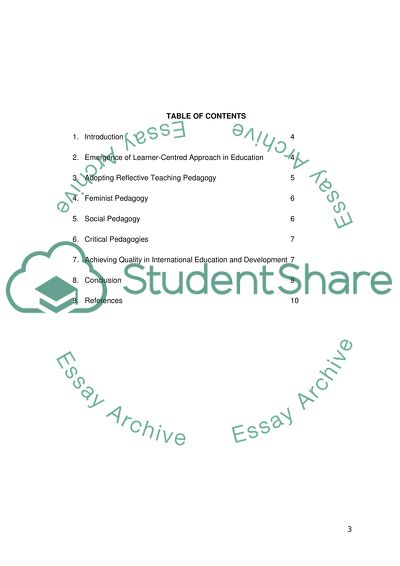Cite this document
(“Concept Note for Understanding Education: UK, European & Global Essay”, n.d.)
Retrieved from https://studentshare.org/education/1483827-concept-note-for-understanding-education-uk
Retrieved from https://studentshare.org/education/1483827-concept-note-for-understanding-education-uk
(Concept Note for Understanding Education: UK, European & Global Essay)
https://studentshare.org/education/1483827-concept-note-for-understanding-education-uk.
https://studentshare.org/education/1483827-concept-note-for-understanding-education-uk.
“Concept Note for Understanding Education: UK, European & Global Essay”, n.d. https://studentshare.org/education/1483827-concept-note-for-understanding-education-uk.


